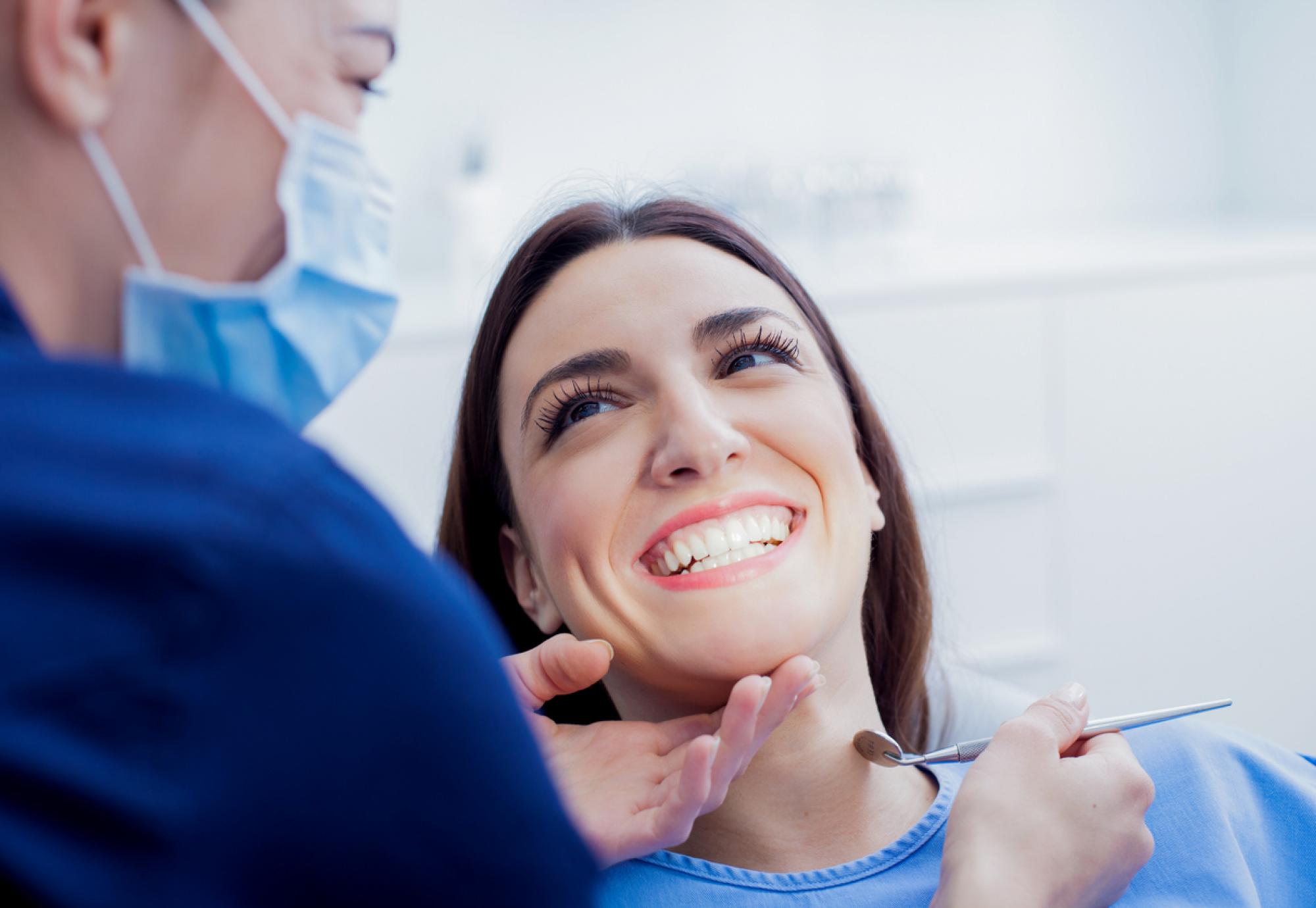Young people under 26 are now eligible for free NHS dental treatment in Scotland, which will take immediate effect, with no opt-in required. This also includes patients who started NHS treatment before they turned 26.
The announcement means that around 600,000 young people under 26 will benefit from the 24 August. This also exceeds the commitment made to remove the NHS patient charges for care experienced young people, within the first 100 days of this Scottish Government.
It follows on from a £7.5m investment in the Scottish dental sector, which will enable practices to buy drills that don’t create as much aerosol as standard drills.
It hopes to help the sector free up capacity, seeing more NHS patients, and recover to pre-pandemic capacity. It will allow dentists to help reduce the impact of Covid restrictions on the number of patients they can see.
Health Secretary, Humza Yousaf, said: “We’re committed to scrapping NHS dental charges for everyone in Scotland and removing them for everyone aged under 26 is our first step on that journey.
“I want to thank the dental sector for its outstanding efforts over the last challenging period and I look forward to engaging with you further as the Scottish Government continues to support practice recovery and improved NHS dental services for patients.
“I am pleased to also confirm a further £7.5m investment for the sector. This will be used to purchase new dental drill equipment that produces less airborne particles, and therefore helps reduce the risk of Covid transmission.
“Alongside our previously announced £5m to improve ventilation, this will further enable dental practices to see more NHS patients under present Covid restrictions and demonstrates our commitment to NHS dental services. I will continue to engage with the sector, as we look to remobilise our dental services in a way that is safe.”
The purchasing of electric motors and speed increasing ‘red band’ hand pieces, will be able to be used across a wide range of clinical procedures to enable standard non-aerosol generating precautions to be applied, due to the minimal aerosol produced by the equipment.
Research has shown that the aerosol generating procedures - which are common in dentistry - for treatments such as fillings and crowns, are thought to add to the spread of Covid-19, and so this is expected to also help reduce risk of transmission.
More details will follow in the coming weeks on how practices can apply for the additional funding.



















